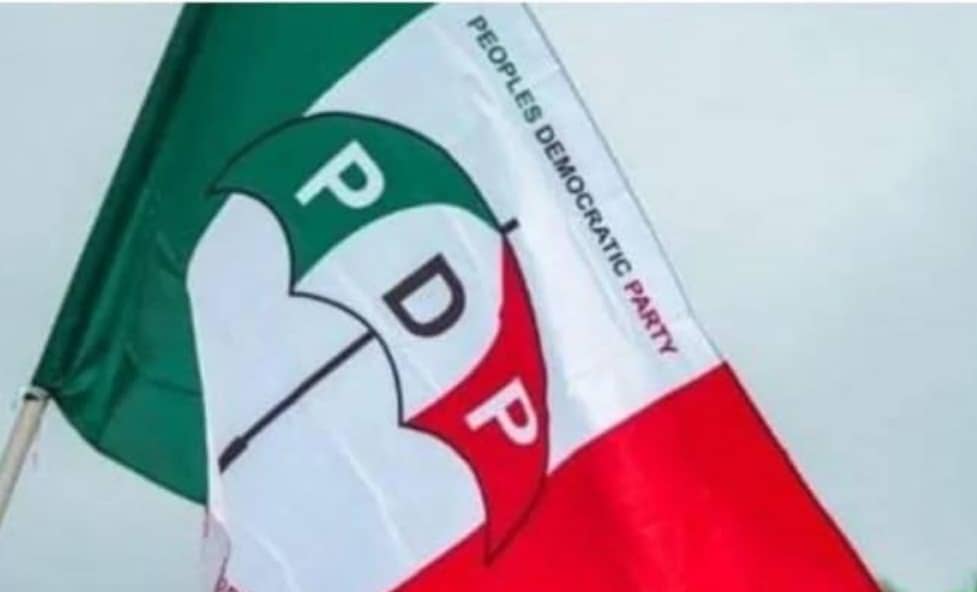A prominent Nigerian journalist has weighed in on recent debates over the state of the nation’s economy, urging citizens to recalibrate expectations of high-profile international figures offering assessments of government policies. Dr. Reuben Abati, former presidential media adviser and veteran analyst, argued that World Trade Organization (WTO) Director-General Ngozi Okonjo-Iweala’s recent praise for President Bola Tinubu’s economic reforms aligns with her role as a global diplomat rather than signaling an endorsement beyond institutional consensus.
Okonjo-Iweala, during a Thursday visit to Nigeria’s presidential villa, had commended Tinubu’s administration for taking “difficult but necessary steps” to stabilize Africa’s largest economy, citing improvements in fiscal management. She emphasized the need to sustain momentum toward inclusive growth while launching a $50 million initiative to boost Nigerian women’s participation in digital industries.
However, Abati, speaking Friday on Arise Television, cautioned against interpreting such statements as independent evaluations. “As an international diplomat, her priority is to encourage productive engagement,” he said, noting her alignment with positions held by multilateral institutions like the International Monetary Fund (IMF) and World Bank. Both organizations have acknowledged Nigeria’s reforms—including fuel subsidy removal—while urging faster structural diversification and expanded social protections.
The journalist highlighted persistent systemic challenges obscured by macroeconomic metrics. While current growth hovers around 3.4%, Abati stressed Nigeria remains tethered to oil revenues, with non-oil sectors underperforming due to low productivity. “Double-digit growth is needed to meaningfully improve living standards,” he said, referencing past economic peaks. “Stabilization without innovation risks stagnation.”
His critique echoes widespread public frustration over soaring inflation and currency instability, which have eroded purchasing power despite government assurances of progress. Abati contrasted official rhetoric with grassroots realities: “The ordinary citizen feels daily hardships—a disconnect no statistic can bridge.”
Analysts note structural reforms under Tinubu, including unification of exchange rates and subsidy cuts, have drawn both praise for ambition and criticism for abrupt implementation. The IMF projects gradual recovery but warns of “daunting social challenges” requiring urgent safety net expansions—a caveat Okonjo-Iweala reiterated during her visit.
Abati’s intervention underscores tensions between policy optics and tangible outcomes in Nigeria’s reform narrative. While welcoming international validation of fiscal adjustments, he emphasized that sustainable progress requires domestic solutions to productivity bottlenecks and inequities—issues beyond the scope of diplomatic engagements. “Growth must translate to prosperity for market traders, farmers, and families,” he concluded. “Until then, declarations of success ring hollow.”



